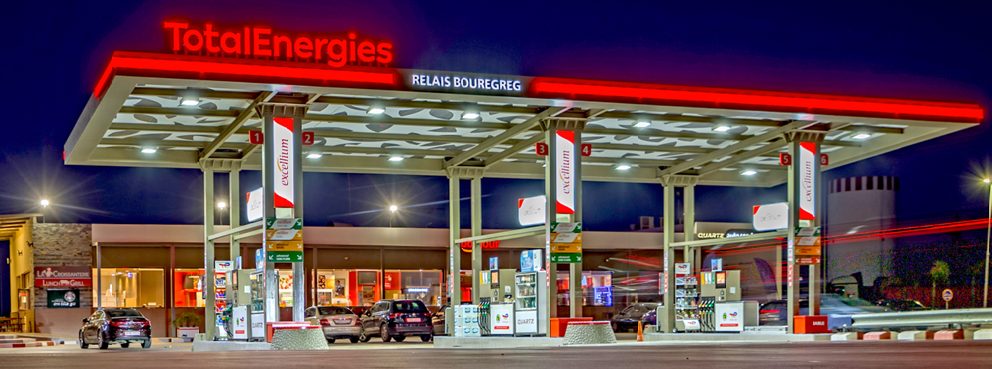Shell Expands Its Deep-Water Presence with $510 Million Acquisition of Bonga Field
Shell has acquired TotalEnergies’ 12.5% stake in Nigeria’s Bonga oilfield for $510 million, boosting its control to 67.5% and signaling deep-water expansion.
The strategic deal promises increased output, jobs, and revenue for Nigeria while enabling TotalEnergies to pivot toward gas and low-carbon energy ventures globally.
In a landmark transaction that reshapes Nigeria’s offshore energy landscape, Shell has agreed to acquire TotalEnergies’ entire 12.5 percent non-operated interest in the prolific Bonga oilfield for $510 million. This purchase boosts Shell’s ownership in the field to a commanding 67.5 percent, underscoring the company’s determination to deepen its investment in high-value, deep-water assets off Nigeria’s coast.

A strategic move in deep-water development
Situated roughly 120 kilometers offshore on Oil Mining Lease 118, the Bonga field has been a flagship of Nigeria’s oil export capacity since production began in 2005.The floating production, storage, and offloading (FPSO) vessel operated by Shell Nigeria Exploration and Production Company (SNEPCo) has the capacity to process up to 225,000 barrels of oil daily. By acquiring TotalEnergies’ stake, Shell not only strengthens its leadership role in this strategic asset but also positions itself to guide future expansion phases. A key project on the horizon is the Bonga North development, which aims to add an additional 110,000 barrels of oil equivalent per day by the end of the decade.
Transaction Details and Regulatory Path TotalEnergies confirmed the deal in a public statement, noting that final approval hinges on customary regulatory clearances in both Nigeria and France. Once completed anticipated by the end of the calendar year the agreement will transfer the 12.5 percent interest in OML 118’s production-sharing contract from TotalEnergies to Shell, making Shell the undisputed majority interest holder alongside ExxonMobil’s 20 percent share and Agip’s 12.5 percent. This realignment is expected to streamline governance and expedite decision-making on capital projects and operational upgrades within the consortium.
For Shell, this acquisition represents more than a mere portfolio reshuffle it signals a clear bet on the economics of deep-water drilling. Peter Costello, Shell’s Upstream Director, lauded the move as “a strategic investment that enhances our liquids production profile and supports our long-term growth targets.” By increasing its equity in Bonga, Shell secures larger absolute volumes of production revenue and gains heightened control over project planning and execution.
Conversely, TotalEnergies views the divestment as a step toward redeploying capital into its core operations, particularly lower-carbon natural gas ventures and other offshore projects where it holds operating roles. Company spokespeople emphasized that freeing up nearly half a billion dollars will allow TotalEnergies to sharpen its focus on high-return assets and emerging energy transition initiatives.
Implications for Nigeria’s oil sector
Economic upside: Increased output from the field is poised to translate into higher royalty payments, taxes, and job creation critical components for Nigeria’s broader economic diversification.
Environmental stewardship: With a larger share of the asset under its control, Shell assumes greater responsibility for meeting Nigeria’s strengthening environmental and safety regulations, potentially raising the bar for offshore operations in the region.
Looking ahead
As Shell and its partners gear up for Bonga North’s ramp-up and related FPSO upgrades, market observers will be watching closely for smooth integration of the newly acquired interest. Key metrics to monitor include project execution timelines, cost efficiency, and any knock-on effects on global oil supply dynamics. For Shell, success in Bonga could pave the way for further consolidation moves in the Gulf of Guinea; for TotalEnergies, the proceeds will fuel its pivot toward gas and low carbon energy prospects.
In sum, this $510 million deal not only cements Shell’s leadership in one of Nigeria’s premier oilfields but also sets a template for how major energy companies can recalibrate portfolios.



